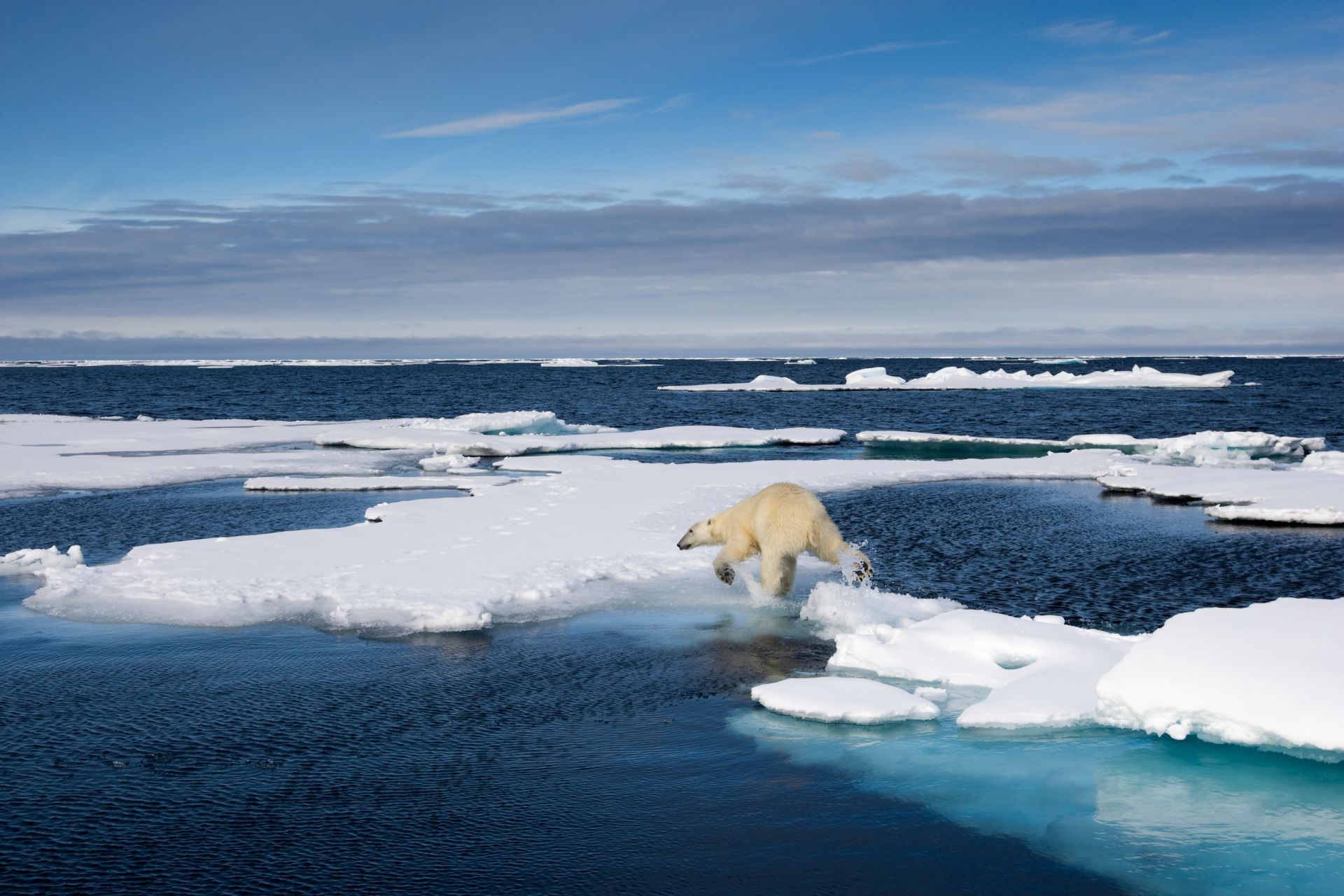The arctic ocean is the smallest in the world

The Arctic Ocean is the smallest in the world.

The Arctic Ocean, located at the North Pole, holds the distinction of being the smallest ocean in the world. Encircled by the northernmost regions of North America, Europe, and Asia, it covers an area of approximately 14.05 million square kilometers. Despite its relatively small size, this magnificent body of water plays a crucial role in regulating global climate patterns while providing habitat to a diverse range of unique marine species.
The Arctic Ocean is surrounded by several significant landmasses, including Canada, Greenland, Norway, Russia, and the United States. It is predominantly covered by ice, with thick multi-year ice in the central regions and thinner ice in the peripheral seas. The frigid temperatures, extreme conditions, and constant subzero temperatures make this vast expanse of water inhospitable for most of the year. As a result, the Arctic Ocean remains largely pristine and undisturbed by human activities.

Despite its small size, the Arctic Ocean is of great importance to the climate of our planet. The ice-covered water acts as a reflective surface, bouncing back a significant portion of the sun’s radiation into space, thereby helping to regulate Earth’s temperature. As global warming continues to accelerate, the melting of Arctic ice leads to less reflective surfaces, significantly impacting the planet’s overall heat balance.
The icy waters of the Arctic Ocean are also home to an array of fascinating marine life. From the polar bears and walruses to the seals and a variety of whale species, this unique ecosystem supports an incredible biodiversity. These creatures have adapted to the harsh environment and have managed to thrive in one of the most challenging habitats on Earth.
While the Arctic Ocean may be the smallest ocean, its influence on our planet is immense. The melting of the Arctic ice has far-reaching consequences, including rising sea levels, altered ocean currents, and disruptions to weather patterns. It also opens up new opportunities for commercial shipping and resource extraction in the region, raising concerns about environmental impact and international cooperation.
In conclusion, the Arctic Ocean may be the smallest ocean, but it has a significant impact on our planet. Its icy waters and delicate ecosystem require careful stewardship to ensure their preservation for future generations. As we continue to study and explore this unique ocean, it becomes increasingly apparent that its well-being is interlinked with global climate patterns and thus with the state of the entire planet.
Related Posts
Quick Links
Legal Stuff

